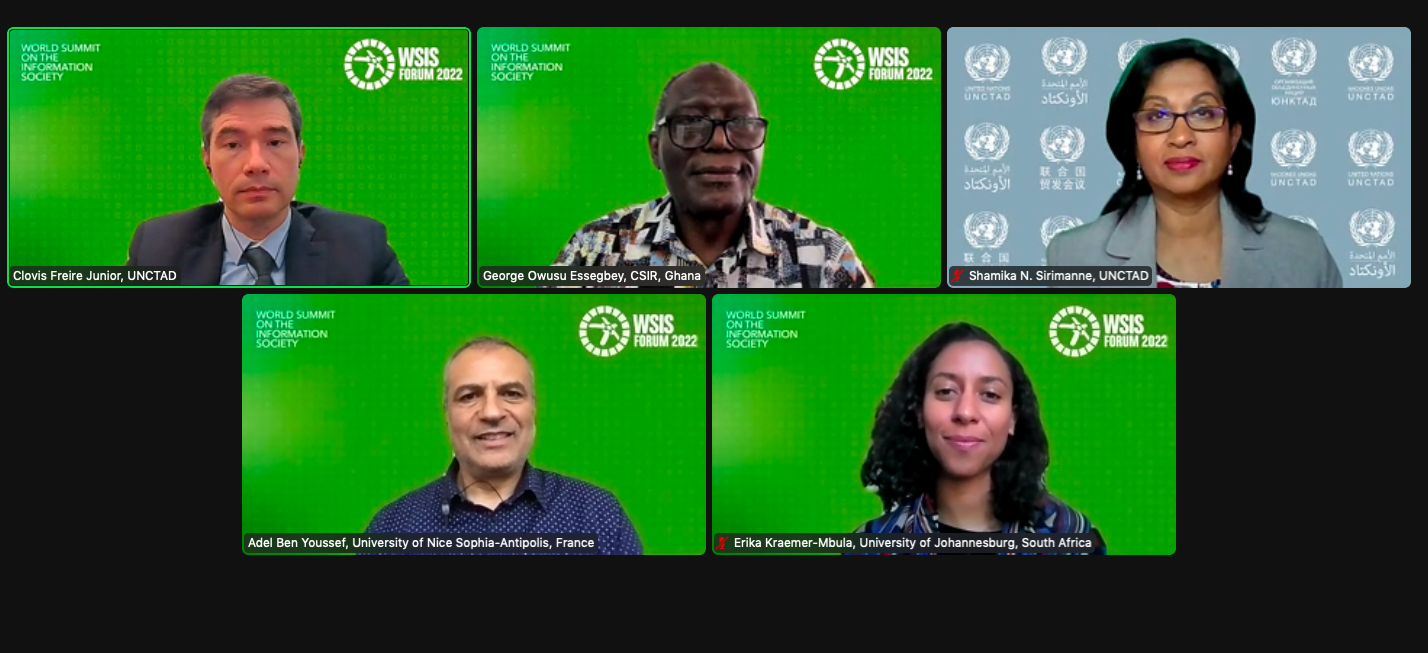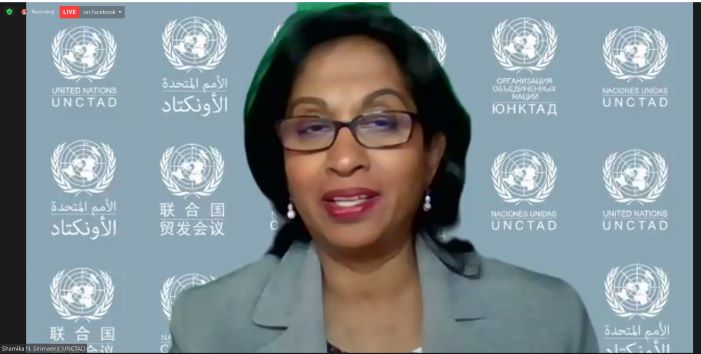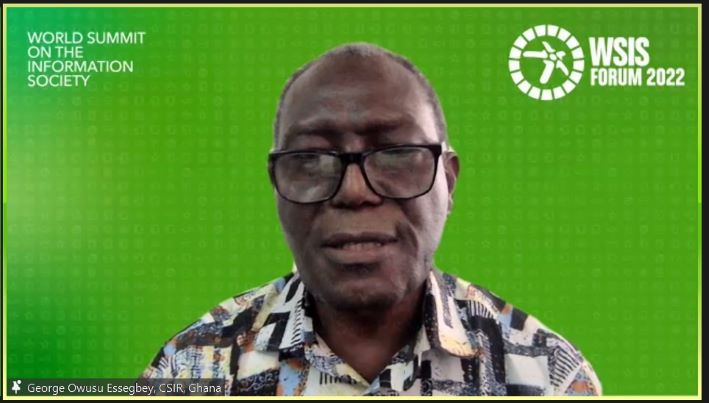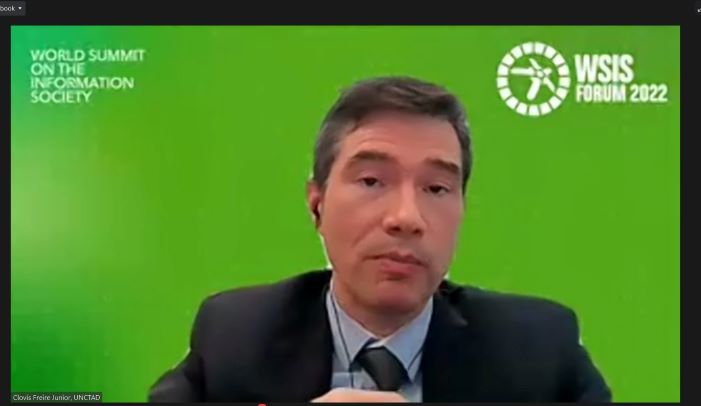Measuring the deployment of Industry 4.0 in developing countries
UNCTAD, the University of Johannesburg, the Science and Technology Policy Research Institute of the Council for Scientific and Industrial Research of Ghana, and the University of Nice Sophia-Antipolis
Session 215
Waves of technological change offer opportunities and challenges for developing countries to diversify their economies and catch up with developed countries. As highlighted in UNCTAD’s Technology and Innovation Report 2021, governments in developing countries should promote the use, adoption and adaptation of frontier technologies while also mastering existing technologies.
However, due to existing data limitations, there is a lack of information on the patterns of adoption and use of frontier technologies in productive sectors in developing countries, which may be very uneven and partial even in the most advanced countries. To assist developing countries in building their technological and productive capacities, more information is needed in terms of what sectors are adopting frontier technologies, which parts of different value chains and what kinds of firms are adopting them and how extensively they are diffused in the economy. Information is also needed about the firms using frontier technologies in terms of such characteristics as their batch size and the standardization of their products. That information is critical to inform Science, Technology and Innovation (STI) policies aiming to promote the use, adoption and adaptation of frontier technologies in developing countries.
To address this gap, a joint research project carried out by researchers from UNCTAD, the University of Johannesburg, the Science and Technology Policy Research Institute of the Council for Scientific and Industrial Research of Ghana, and the University of Nice Sophia-Antipolis has conducted firm-level innovation surveys in Ghana, South Africa, and Tunisia concerning the deployment and use of new technologies. This project aims at proposing a framework for such types of firm-level surveys that could be applied in other developing countries worldwide.
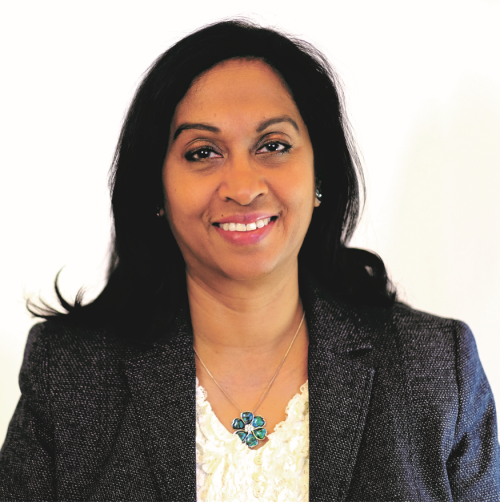
Dr. Shamika N. Sirimanne is the Director of the Division on Technology and Logistics of UNCTAD. She leads UNCTAD's work on science, technology, and innovation (STI), including e-commerce and the digital economy. She serves as the Head of the Secretariat of the UN Commission on Science and Technology for Development, the focal point of the UN on STI policy. She also leads the preparation of UNCTAD flagship publications, Digital Economy Report and the Technology and Innovation Report. In addition, she is responsible for UNCTAD's trade logistics programme, including its largest technical cooperation programme that helps develop digital platforms for e-government initiatives.
Ms. Sirimanne served as Director of the ICT and Disaster Risk Reduction Division of the UN Economic and Social Commission for Asia and the Pacific (ESCAP), where she spearheaded major regional cooperation programmes. Among them are the Asia-Pacific Information Superhighway initiative for seamless broadband connectivity, and the Regional Drought Mechanism for providing early warning through space applications.
Prior to that, Ms. Sirimanne was with the UN Economic Commission for Africa (ECA), where she led the economic policy team and the Economic Report on Africa, the flagship publication of ECA. She has also worked for the Canadian Department of Finance and the World Bank. Ms. Sirimanne holds a PhD in Economics.

Dr. George Owusu Essegbey is a Chief Research Scientist of the Council of Science and Industrial Research (CSIR), Ghana. He was the Director of the Science and Technology Policy Research Institute (STEPRI) of CSIR and a member of the country’s National Development Planning Commission (NDPC). He holds a Ph.D. in Development Studies (University of Cape Coast) and M.A. in International Affairs (University of Ghana). He did Ph.D. internship at the United Nations University (Institute for New Technologies) in Maastricht, The Netherlands and a Commonwealth Fellowship at the Policy Research in Engineering, Science and Technology (PREST) at the University of Manchester. He has several years of experience in Science and
Technology (S&T) policy research, innovation studies, research on new technologies and other relevant fields. Dr. Essegbey has served various national and international organisations with his expertise including UNCTAD, FAO, UNESCO, UNEP and the World Bank. He has co-authored scholarly materials in STI policy. He has been a Member of the 10-Member Expert Group supporting the United Nations Technology Facilitation Mechanism with the UN Inter-agency Task Team on STI for the SDGs.
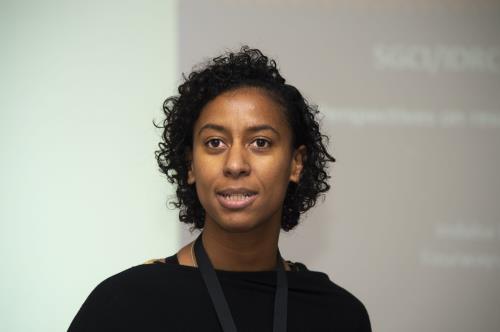
Dr. Erika Kraemer-Mbula is the Chairholder of the DST/NRF/Newton Fund Trilateral Chair in Transformative Innovation, the Fourth Industrial Revolution and Sustainable Development, based at the College of Business and Economics (University of Johannesburg) and in partnership with ACTS and SPRU. Her research unit at the University of Johannesburg is formed by a dynamic team of national and international researchers that engages in cutting-edge research; builds the capacity of younger scholars to help develop the next generation of African thinkers leading transformative change; and engages with policy makers, key stakeholders and research partners, to influence policy change. In addition to being a Professor of Economics at the University of Johannesburg, South Africa, she is also an AfricaLics Scientific Board Member and President Gobelics. She holds a Masters in Science and Technology Policy by the Science and Policy Research Unit (University of Sussex) and a Doctorate in Development Studies from the University of Oxford.

Dr. Adel Ben Youssef is a Professor of Economics, University of Nice Sophia-Antipolis. He has coordinated several Projects for the European Commission, African Development Bank, FEMISE, GIZ, AFD, and United Nation Development Program. He worked for the African Development Bank as Consultant for the Human Capital Development Strategy (2013-2017) and the organization of the Second African Science, Technology and Innovation Forum in Rabat (October 2014), The North African Entrepreneurship Platform (2019), The Digitalization of Moroccan Agriculture. He was also involved at National and European level as an Expert in Higher Education Programmes. During the COP 23, 24 & 25 (2017 – 2018 - 2019) he was a negotiator on behalf of Tunisia in matter of Climate Finance. Dr. Ben Youssef has published more than 60 academic papers in different fields like (Education Economics, Digital Economics, Industrial Economics and Environmental Economics).
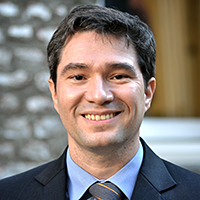
Dr. Clovis Freire is an Economist working at the Division on Technology and Logistics of the United Nations Conference on Trade and Development (UNCTAD). He is trained as a Computer Engineer with a PhD in Economics from the UNU-MERIT/University of Maastricht, specialized in Economics of Technological Change and Innovation. He coordinated and was the lead author of the Technology and Innovation Report 2021, focusing on how developing countries can catch the new wave of technological change to drive structural transformation and sustainable development while minimizing the risks of increasing inequalities. Before joining UNCTAD, in his 19 years with the United Nations, he worked at the Department of Economic and Social Affairs in New York and the Economic and Social Commission for Asia-Pacific, in Bangkok, on various issues related to technology and socio-economic development such as Science, Technology, and Innovation for the SDGs, building productive capacities in the least developed countries, ICT and Space technologies for development, and disaster risk reduction.
-
 C1. The role of governments and all stakeholders in the promotion of ICTs for development
C1. The role of governments and all stakeholders in the promotion of ICTs for development
-
 C2. Information and communication infrastructure
C2. Information and communication infrastructure
-
 C4. Capacity building
C4. Capacity building
-
 Goal 8: Promote inclusive and sustainable economic growth, employment and decent work for all
Goal 8: Promote inclusive and sustainable economic growth, employment and decent work for all
-
 Goal 9: Build resilient infrastructure, promote sustainable industrialization and foster innovation
Goal 9: Build resilient infrastructure, promote sustainable industrialization and foster innovation
